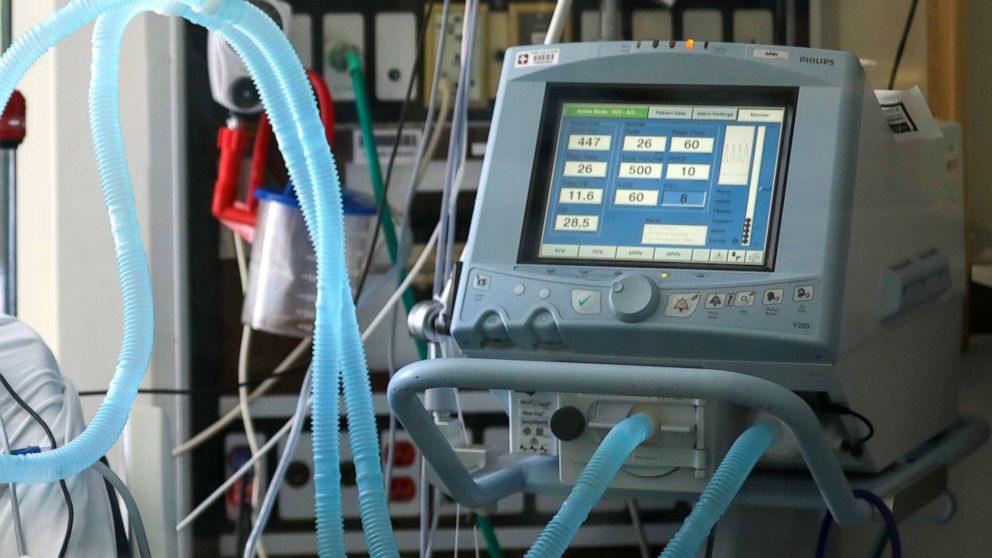Disney Experience
Well-Known Member
An analysis of difficulties of doing a non lab covid mask study can be found here:Determining the efficacy of a vaccine is much easier then for a mask. The evidence for the efficacy of masks comes from a combination of numerous studies, some that studied how masks blocked respiratory droplets in a laboratory settings, some that looked at specific real-work situations that happened to be controlled enough to show useful data.
It's very hard to do controlled studies for mask wearing. With the vaccine, you give on group of people the vaccine and another a placebo and then compare the number of people who get sick. It's a lot harder to do that with masks, especially when we were in a time where mask wearing was mandatory in so many public places.
The "best" way to test this would be to have known infected people, breath on healthy people with and without masks and then count how many of them become sick. These are called Challenge trials, and although they are no unheard of, you can understand why they are uncommon.
It is generalized to highlight the issues in crafting studies.

COVID-19: underpowered randomised trials, or no randomised trials? - Trials
A recently published trial of face mask use to protect against COVID-19 demonstrated a key barrier to carrying out randomised trials in public health: the need for unattainably large sample sizes. For many public health interventions, the choice is not between sufficiently powered trials and...
Last edited:




